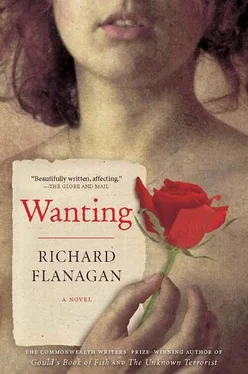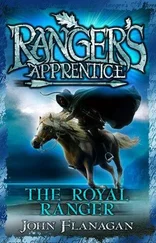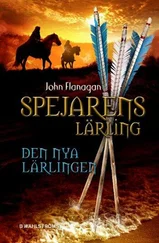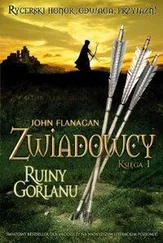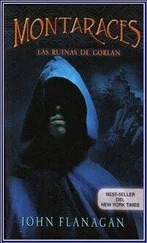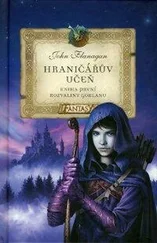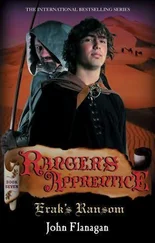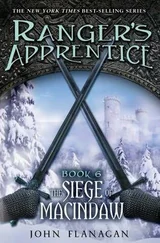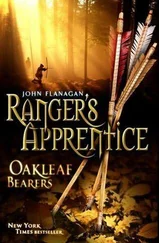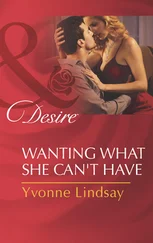‘Lady Bluebottle would do better filling her dance card with admirers than the island with the French ideas of the petticoaterie,’ her husband’s secretary, Montague, sniffed to his Hobart Town friends when recounting her ambition. But in her presence, of course, he only smiled and praised her initiatives.
‘Other women seek flowers,’ she once told Montague, in whom she correctly sensed piqued influence, ‘but I contend for laurels.’
And for a time, her laurels pleased the upper echelons of the island, for, though in various ways dependent in their prosperity and power on the dreary misery of the many, they had nevertheless acquired the habit of defending themselves by garlanding themselves with culture.
For the leaders of Van Diemen’s Land weren’t objectionable because they had dull poets, pompous naturalists and bad watercolourists, but because, having them, they couldn’t keep quiet about it. They recited grating verse, hung their walls with brutal brushwork, gloated about their learned societies and assured each other their several amateur scientists were daily making extraordinary discoveries.
Above all else, they boasted of the couple who seemed to them to embody all that they saw as most splendid and special about themselves: the reputedly dashing new Governor and his wife. They were interesting people, celebrated people who were abreast of the latest fashions of thought, respected people who knew the right people in England, remarkable people who would make greatness of this colony, marvellous people who were exactly the right motley to throw over the mediocrity that really ran the island.
And so they flattered and feigned to the vice-regal couple, and only the women convicts at the Female Factory gave definite expression to what the unfree felt: as Lady Jane lectured them on morality as the basis of all life, they turned their backs and, as one, flicked up their skirts and waggled their dirty arses. Beyond the immediate halo of power, in the outer rings of society, most convicts and ticket-of-leave men paid them no heed. In their sly grog shops and knock-houses, life went on as it had, with their banned songs and wild grog sweetened with sugar; in the backblocks and the forests, in the kitchens and stables and workshops and pits, luck and fate as ever determined whether they lived or died, were raped or flogged or freed, whether they found enough to eat or starved.
But then a great depression swept Europe, the market for textiles collapsed, the mills faltered, the free settlers could no longer get the prices they once had for their wool, and there was no longer gold flowing in abundance. The colony’s prosperity was halted and everyone in the colony understood the cause—His Bulkiness, Sir John, and his interfering wife, Lady Jane.
The Franklins were for a long time oblivious. Sir John began a Van Diemen’s Land navy with the construction of six gunboats, and was rather excited at the prospect of ordering new cannon with powder and shot. It gave him the illusion he was a man of action, which he felt might compensate for his failure to be a man of intrigue. On his arrival, he had been astonished by the prosperity of the colony. He was received with feasting, balls and every form of public rejoicing. On entering the northern capital of Launceston, he was escorted by three hundred horsemen and seventy carriages, the streets were thronged with well-wishers, all enthusiastic. The tyrant Arthur, his predecessor, was gone. It was as if he were a liberator. He never understood, then or later, Montague’s advice.
‘No government,’ warned his secretary, ‘faces such dangers as a despotism when it seeks to reform itself.’
And so, with the boom over, the island suffered and seethed and began planning its vengeance. The Franklins continued exploring, reporting and holding soirées. For Sir John and Lady Jane were keen observers of everything, save the people around them.
Visitors, old colonists and prospective new free settlers alike sailing into the island’s capital, Hobart Town, were all momentarily buoyed by an initial enthusiasm, spirits raised by the journey up a splendid estuary full of picturesque wooded hills and romantic little bays that revealed nothing of the miserable lives of those who lived beneath the occasional wisps of chimney smoke rising from deep within the forests.
And how correspondingly large was their disappointment, how their spirits then sank, when they finally came upon the bedraggled town that not so much rose as staggered drunkenly up the cove to the foothills of the great mountain beyond. It seemed to combine the worlds of the army barrack and the prison yard into a town at best monotonous and at worst monstrous.
For the convicts, who were only then dragged up from the sour shitty holds of what had been slaving ships fitted for the far shorter run between Africa and the Americas, there was neither exhilaration nor disappointment. They had survived six months’ sailing from the Old World. It was enough to be alive. They took what measure they could of the strange, obscenely fresh air and the vivid, hard blue light, and determined only that they must go on.
It was a walk of but five minutes from the New Wharf to the somewhat ramshackle vice-regal mansion that sat on a bluff to the immediate south. What had begun as a cottage had been extended, then covered over, then added to and covered over again. Much as the colony had grown from a few hundred souls desperate for survival to a society of forty thousand, skin upon skin the cottage grew, until a great onion of a building had arisen. The island’s capacity to transform everything into unreliable memory even before it happened, or in spite of it never happening, was already apparent in that crumbling edifice, which, though only thirty years old, was already a relic of magnificent decay.
But when Mathinna finally arrived there the spring following the Franklins’ visit to Wybalenna, after a journey that had taken far too long, her eyes did not see the rising damp, the peeling paper, the cracked and patched plaster, the pitching building that left door and window frames rising and falling like so many winking eyes. She saw instead a palace of the type she had heard the Protector describe. Even its musty smells of dead huntsman spiders and stale possum piss she understood as being what the Protector had told her so much about: the fragrance of God.
Mathinna Flinders—as she was entered in the ship’s log, for the captain, being only semi-literate, believed writing was above all an exercise in decoration and felt all his passengers needed a second name to balance their first—had taken ten days to sail from Flinders Island to Hobart Town at the southern end of Van Diemen’s Land, the ship’s progress consistently frustrated by bad weather and contrary winds blowing up from the southwest.
‘Who is Jesus Christ?’ the captain, who was a keen Methodist, would ask Mathinna, as their sloop bobbed up and down with the remnants of the great swells that churned the seas beyond this or that safe harbour to wild white hells.
‘The child of God, sir.’
‘What was Jesus Christ for us?’ the captain continued, determined the child would have the basic catechism mastered by the time she reached her destination.
‘Our righteousness. Sir.’
She stumbled over the long word, such that it sounded like ‘rage-in-us’. But the captain was satisfied and continued.
‘What is the Devil?’
‘The enemy of our souls, sir.’
‘How does he wage war on our souls?’
‘By making us give in to sinful desires.’
‘What was Jesus made to do for us?’
‘Take on our sins for us, sir. Why—’
‘Who crucified Jesus Christ?’
‘The Jews, sir. But why, sir, why Jesus, he good fella, why he have to sin if we no sin?’
Читать дальше
